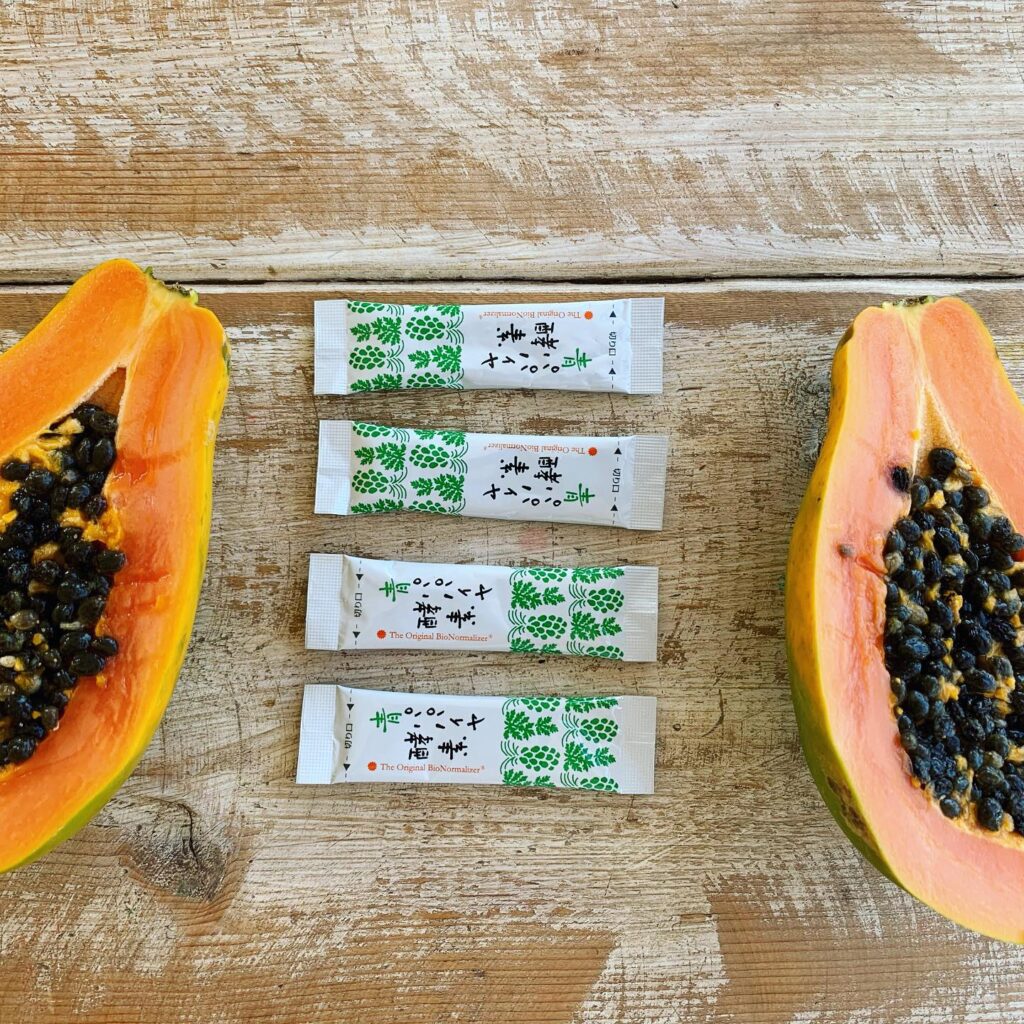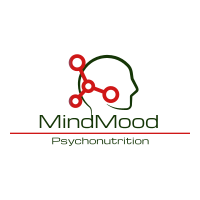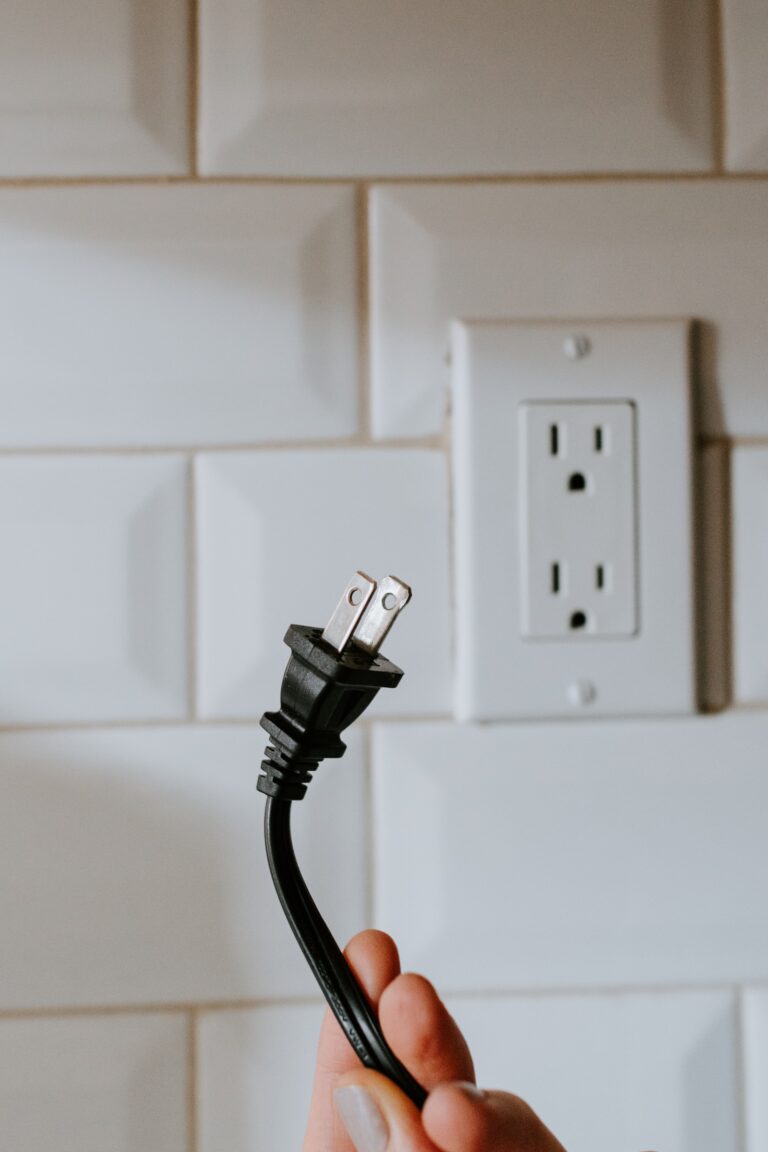The body-mind connection
As Gilbert (2009) points out the pursuit of happiness, justice and meaning is much a part of us today as it was centuries ago. It is inherent to your human condition.
We may see happiness as something unattainable, unrealistic, transitory, external or as a single entity.
However, happiness seems to be much more than a psycho-emotional construct or a fleeting state of being or feeling. Happiness can be built in our physical body as well as in your spiritual matter and yes, it can last if we firmly resolve to create happiness regardless where we are right now.

Happiness exists within ourselves
Happiness, in fact, exists within ourselves and nowhere else.
From a psychological and spiritual point of view, happiness rests on establishing a strong sense of self and personal fulfillment (Ikeda, 2015), rooted in compassion that can enhance our social relationships and ultimately the relationship with ourselves (Gilbert, 2009).
From a physiological point of view, the trillions of microorganisms that live in and on us, particularly the microbes in our gut communicate with the brain via the immune system, vagus nerve and enteric nervous system (Cryan et al. 2019) – the microbiota-brain-axis connection.
The microbiota-brain-axis connection or the gut-to-brain/brain-to-gut connection is a bidirectional communication system that can have psychological and cognitive effects and be implicated in conditions such as pain, stress, irritable bowel syndrome (IBS), addiction, obesity, autism, anxiety, Alzheimer’s and Parkinson’s disease (Cryan et al.2019). Additionally, the role of the microbes in the gut in producing neurotransmitters that are involved in mood, behaviour and cognition is also well established within research (Mittal et al.2017).
Neurotransmitters are chemical messengers used by our nervous system to transmit messages between neurons or other cells in the body. The following neurotransmitters have been found to help regulating the microbiota-brain-axis (Mittal et al.2017):
- Serotonin is described as the ‘feel-good-happy’’ neurotransmitter. It is also involved in appetite regulation, sleep and digestion – note that 95% of serotonin is found in the gut rather than in our brains;
- Dopamine is commonly associated with the motivation, reward and pleasure centres in the brain and it produces feelings of enjoyment and exhilaration;
- Adrenaline and noradrenaline are the neurotransmitters responsible for triggering a stress-induced fight-or-flight response. They can influence gut integrity and affect motivational behavior and decision-making;
- GABA is known as the major inhibitory neurotransmitter – the ‘calming-relaxing’ neurotransmitter.
Hence, it seems that in order to achieve happiness we need to work not only on our emotional and spiritual self but also on our microbiota-brain-axis connection.

Is nutrition part of your happiness?
If diet has been shown to be one of the most important factors in modulating our gut microbiota and keeping an optimal gut-to-brain/brain-to-gut connection (Cryan et al.2019), eating to nourish our bodies and minds can be also seen as a daily act of self-compassion and another step towards the pursuit of long-lasting happiness.
Eating well is a longlife lifestyle not a temporary solution or a transitory state – it can be easily implemented if we keep a simple, nutritious and wholesome diet. Although, one particular diet shouldn’t fit all as we are all very unique individuals, a more Mediterranean or Ketogenic type of diet has been linked with improvements in a wide range of diseases including psychiatric conditions (Mörkl et al.2020).
Adopting a more Mediterrean diet, rich in whole grains, nuts, legumes, vegetables, fruit and a moderate intake of poultry and fish instead of a typical Western diet high in sugar, fat and salt can help keep our gut bacteria happy and balanced (Cryan et al.2019). Moreover, this diet has also been associated with a reduced risk of depression and incidence of neurodegenerative and cardiovascular diseases (Mörkl et al.2020).
Ketogenic diets typically high in fat, low in carbohydrates and moderate in protein intake may also offer beneficial effects towards improving symptoms of conditions such as autism, depression, epilepsy and Alzheime’s and Parkinson’s disease (Cryan et al.2019).
In terms of nutrients or foods that can promote a balanced gut-microbiome-axis connection, we focus on the following three:
- Polyunsaturated fatty acids (PUFA’s) known as Omega-3’s and Omega-6’s. These have been shown to be protective against depression and cognitive decline, and modulate gut microbiota impacting brain function (Cryan et al.2019). Let’s think about oily fish, nuts and seeds.
- Protein sources both animal and plant-based. Protein is needed to build our bodies and it is essential for neurotransmitter production and brain health. Think about good quality protein sources such as eggs, poultry, fish, nuts, tofu and legumes/pulses (Cryan et al.2019).
- Probiotics and Prebiotics: Probiotics are live organisms, specific strains of bacteria present in yogurt, fermented cabbage (sauerkraut), kombucha, miso, tempeh and kefir. Foods rich in probiotic bacteria may influence neurotransmission and improve behavioural symptoms of depression, anxiety and autism. Prebiotics are a type of fiber that helps feed the probiotic bacteria already existing in our gut (Mörkl et al.2020). Think about artichokes, garlic, onions, leeks, asparagus, bananas, oats.
A little bit about my story
In the same way as many of you, I have also had my share of bloating, abdominal pain, irregular bowel movements, brain fog, fatigue, sleep issues and severe anxiety.
I have also lived and understood through my own personal experience how much my body was connected to my mind and vice-versa. As someone that has experienced panic attacks and severe anxiety, I have realised that the more I was aware and connected with my physical sensations (e.g. increased heart rate, excessive sweating, insomnia) the more I was able to regain control of my emotions and calm myself down.
Throughout the years I have also realised that my body was holding onto past difficult experiences which had eventually manifested into a variety of physical health symptoms – the irregular bowel movements, the persistent fatigue and the brain fog. Moreover, working as a Neurofeedback Practitioner for almost a year has helped me to understand how much our brain is preprogrammed to operate in a certain way after a traumatic event – it can continuously go into flight-fight mode even after years of the traumatic event has passed. The good news is that new neural pathways can be formed and we don’t have to be slaves of our own past.
Becoming a Nutritional Therapist has also widened my horizons and I finally could link all what I have been experiencing both physically and mentally to something else rather than the symptoms itself – a big piece of my health puzzle was related with my diet, eating patterns and relationship with food.
I’m a true believer that people are holistic beings, thus I cannot work or I don’t know how to work with clients without integrating their bodies with their minds nor with what I call their ‘spiritual muscle’.

What drew my curiosity and trust in this 100% natural fermented food supplement invented by Dr Osato in Japan was a combination of many different aspects:
- It is an evidence-based product with more than 130 academic papers published in the last over 50 years;
- It is resistant to high temperatures and stomach acid and is rich in probiotics due to its unique fermentation process;
- It is an unwanted free radical scavenger with antioxidant properties.
- It helps to improve gut health, boost the immune system, help with skin problems and aid sleep quality and emotional rebalancing.
- It has also been used as an alternative therapy for Fibromyalgia-like symptoms which is a condition very close to me as my mother suffers from it.
- It is safe for children and pregnant women;
As our microbiota-brain-axis connection can play a part in the development of many diseases including neurological and psychiatric conditions (Mörkl et al.2020), it is vital that we prioritise the health and happiness of our gut. Through food, supplements, exercise, mindfulness activities, supportive and positive relationships or a positive mindset we can definitely contribute to its overall wellbeing.
For further info go to Fermented Green Papaya Enzyme (Bio-Normalizer) or book your FREE 30-minute Well-being Boost call with me and receive an exclusive client discount on Fermented Green Papaya Enzyme (Bio-Normalizer).
References:
- Cryan, J.F. (2019). ‘The Microbiota-Gut-Brain Axis’, Physiology Review, 99, pp. 1877–2013.
- Gilbert, P. (2009). ‘The Compassionate Mind’. London: Robinson.
- Ikeda, D.(2015). ‘Human Revolution: the wisdom for creating happiness and peace’. New Delhi: Eternal Ganges.
- Mittal, R. Debs, L.H. Patel, A. et al. (2017). ‘Neurotransmitters: the critical modulators regulating gut-brain axis’, Journal of Cellular Physiology, 232(9), pp. 2359-2372.
- Mörkla, S. Wagner-Skacela, J. Lahousena, T. et al. (2020). ‘The role of nutrition and the gut-brain axis in Psychiatry: a review of the literature’, Neuropsychobiology, 79, pp.80-88.




